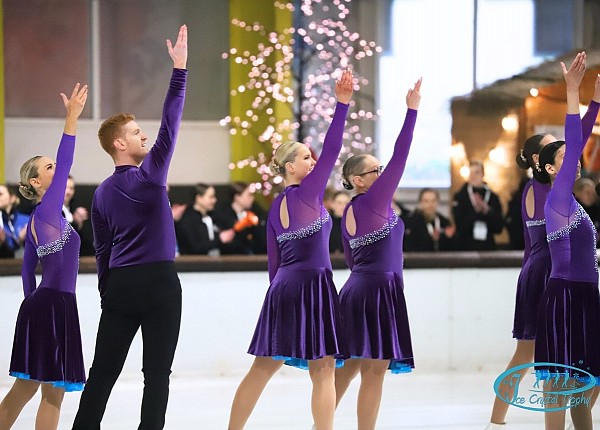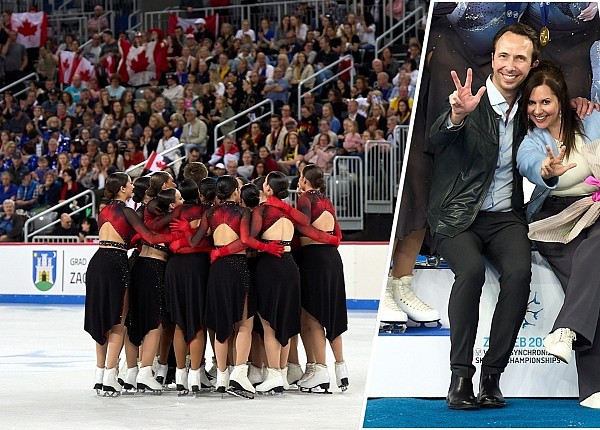News
The conquest of points will start next season

Next season, the starting draw for the Senior and Junior World Championships should depend on the "World Standings" system. / Credits: Navaz Sumar Photography, 2018
What are the differences between "World Standings" and "World Ranking"? What will change in the draws for starting order of the Short Program at the ISU World Championships? The International Skating Union (ISU) brings clarifications today in a communication.
What are we talking about?
According to the ISU, the "World Standings":
- will take into account the results of the two previous seasons and the current season
- will become the base for draws at the ISU World Championships (Seniors and Juniors)
- could be used as selection criteria for teams for competitions
- could be used as a basis for starting draws for other competitions
In its new communication, the ISU also explains that the "World Standings" ensure "that teams who were unable to compete for a certain period of time remain in the World Standings and are considered according to their true basic competitiveness".
Thus, the ISU Season’s "World Ranking":
- will be based on the results of the current ongoing season only
- will reflect the current competitive performances of synchro teams giving the public and media an indication of current actual competitiveness
The two terms (presented above) take into account a different number of seasons: three seasons for the "World Standings" and one season for the "World Ranking".

How are the points calculated?
Whether it's for "World Standings" or the "World Ranking" (which only includes the current season), teams will have to collect a maximum of points. To do this, they must participate in synchro competitions. The number of points will depend, of course, on the type of competition, as well as on the result of the team at the competition. In other words: the more important the competition, the better the result, the more points will be involved.
For example: if a Senior team wins the World Championships, the team will earn 840 points. If this team comes 2nd, the team will gather 756 points, 3rd: 680 points, etc. If that same Senior team wins a Challenger Series event, the team will collect 420 points. Finally, if the same team won the gold medal at another international competition, the team will only earn 250 points.
The same system is established for the Junior division. The team that wins the Junior Worlds wins 600 points. If the team wins a Challenger Series competition, the team will get 300 points. 200 points are awarded for a gold medal at an international competition.
You see how it works?

Which competitions are taken into account?
For the "World Standings", the results of the current season and the last two seasons are included in the calculation. In details:
- For the World Championships: the best result (by points) per season and the best two results by points over a period not longer than two seasons plus the current season are taken into account
- For international competitions, including Challenger Series competitions: the two best results (by points) per season and the best four results by points over a period not longer than two completed seasons, plus the current season are taken into account
Regarding the "World Ranking", only the results for the current season will be taken into account in the calculation. In addition to the World Championships result, only the two best results (in terms of points) in international competitions and Challenger Series will be taken into account. It means that the calculation will probably be done on the basis of three results.
The ISU also adds that "only the "World Standings" system shall be used as the basis for the draws at ISU Championships and could be used as criteria for the selection of teams for competitions".
Want to know more? Find here all the details of this communication.



